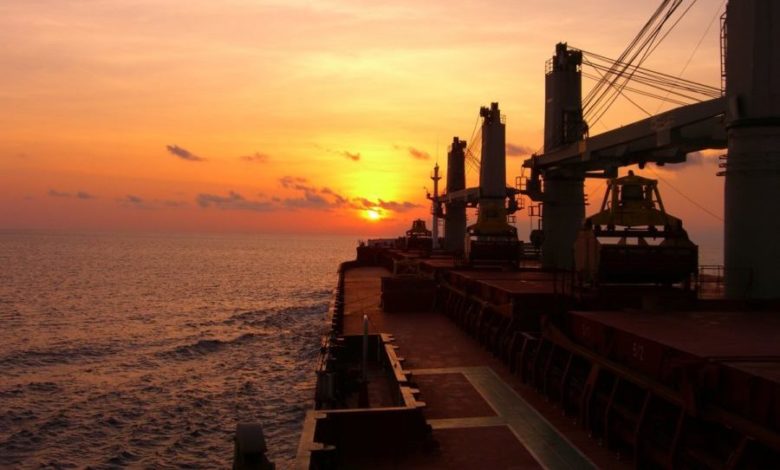Lawyers look at the scourge of stateless vessels

The problem of stateless vessels operating at sea has been an issue which has occurred for millennia, but to date little has been done to examine the issue of deflagged ships and what it means for those onboard for these floating metal refugees.
NGO Human Rights at Sea (HRAS) with legal support from shipping and transport lawyers at Reed Smith and counsel of Quadrant Chambers have just published a commercial legal review of stateless vessels.
“The effect of deletion from a flag register or otherwise commonly referred to as de-flagging, leaves the vessel and its crew without flag state jurisdictional protections especially if operating in international waters,” HRAS commented.
The report suggests that if a ship is or becomes stateless, and the ship is not within an MLC Port State jurisdiction, there appears to be no mechanism of law by which a state might be compelled to assist the seafarers onboard.
However, there are a number of states – and other entities – that could elect to assist either under the ‘Any State’ principle or on the basis that they have a connection with the ship or an interest in the seafarers onboard.
Furthermore, the legitimacy of intervention on the basis of humanitarian grounds is unlikely to be challenged and thus any such intervention, if made, is likely to succeed.
It remains unclear just how many ships are operating today without a flag.
“No-one knows as there is no requirement to report centrally or even individually for flag states when a vessel is de-listed and why,” commented David Hammond, HRAS’s founder.
